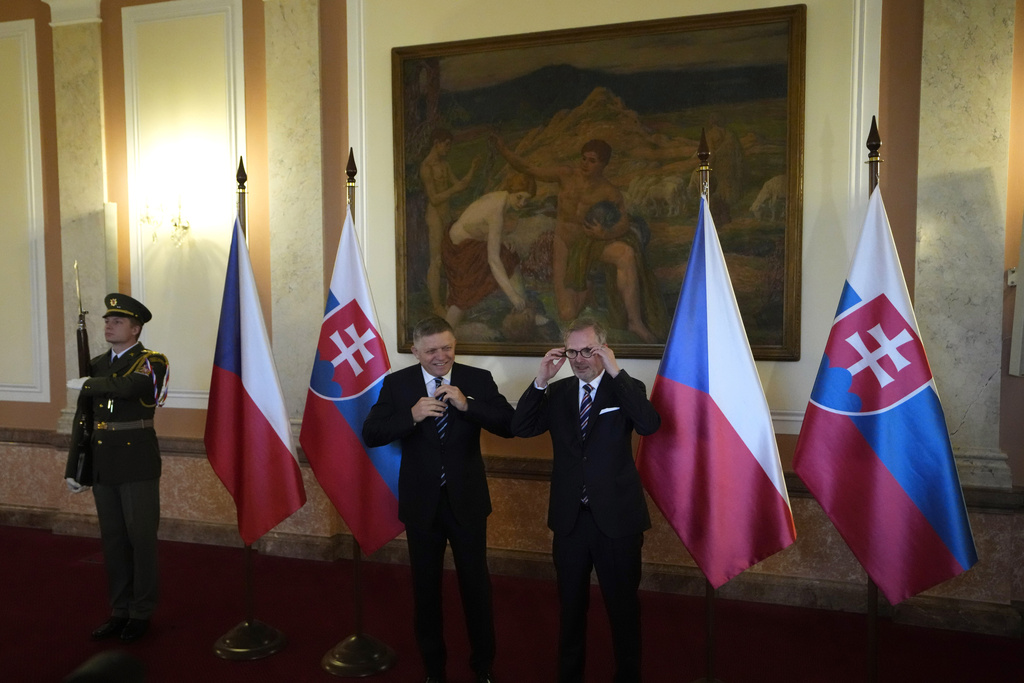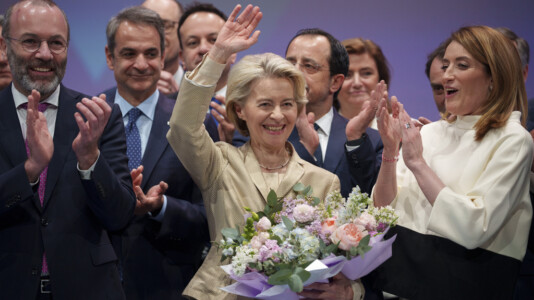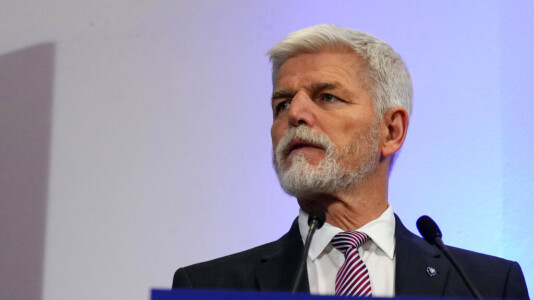In a move underscoring the growing tensions within Europe over the response to the Ukraine crisis, the Czech Republic announced it would suspend its cooperation in the form of intergovernmental consultations with Slovakia.
This decision comes as a direct response to the Slovak government’s stance on Russia’s aggression against Ukraine.
Czech Prime Minister Petr Fiala justified the decision by highlighting the problematic nature of the recent meeting between the Slovak Foreign Minister Juraj Blanár and his Russian counterpart, Sergei Lavrov, in Turkey.
“It’s undeniable that there are differences in opinions on several very important issues between Czechia and Slovakia. We find the meeting of the Slovak foreign minister with the Russian foreign minister to be problematic,” Fiala stated. He further added that “the government does not consider it appropriate to conduct intergovernmental consultations with the government of the Slovak Republic at this time.”
Czech Foreign Minister Jan Lipavský echoed the sentiment, emphasizing that “friends should be honest with each other and discuss even difficult issues.” An anonymous Czech diplomatic official, quoted by the Guardian newspaper, expressed concern over Slovakia’s “wrong path” and stressed the importance of practical discussions between the two neighboring countries.
However, the official noted that there was no place for joint government sessions after statements by Slovak Prime Minister Robert Fico and the controversial meeting with Sergey Lavrov.
Responding to the Czech decision, Slovak Prime Minister Robert Fico accused the Czech government of sabotaging Czech-Slovak relations by supporting the war in Ukraine at a time when Slovakia is advocating for peace.
The backdrop to this diplomatic rift includes comments from French President Emmanuel Macron, who did not rule out the possibility of NATO and EU countries sending troops to Ukraine in the future. This concept was discussed during a meeting of heads of state and government in Paris. Slovak media reported that, upon returning home, Fico described the atmosphere of the discussions in France as “completely belligerent,” aimed at continuing the war at all costs. He expressed surprise at the lack of discussion on any peace plan or initiative.
Fico confirmed that some countries are ready to send their troops to Ukraine, while others, including Slovakia, say “never.” He emphasized his government’s call for the quickest possible establishment of peace in Ukraine, stating: “Our government stands for peace, rejects the continuation of the war, and will not send weapons to Ukraine. We are focusing exclusively on civilian projects.”






